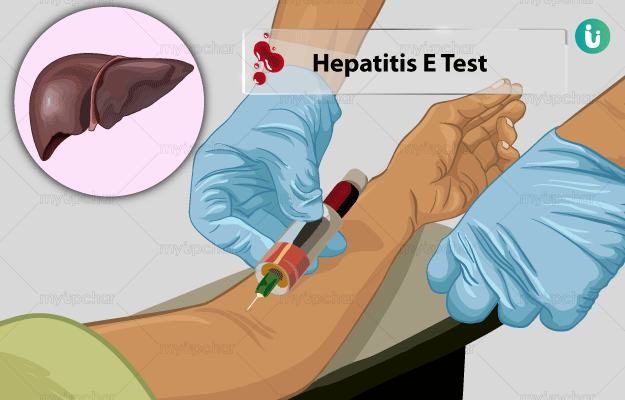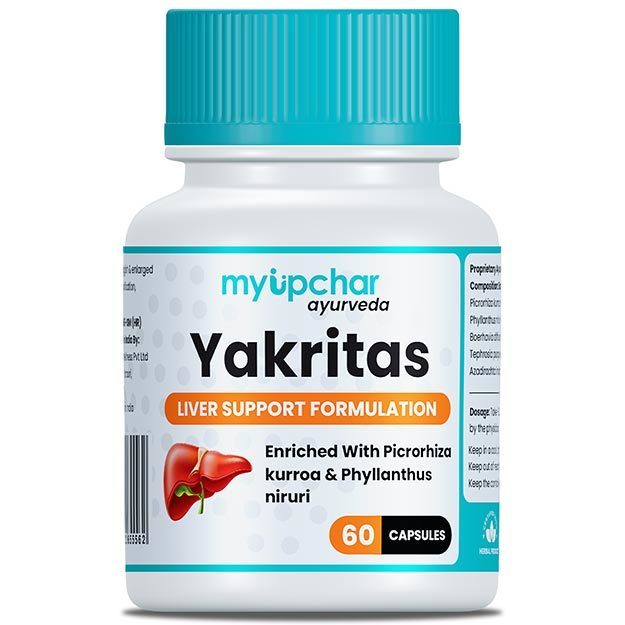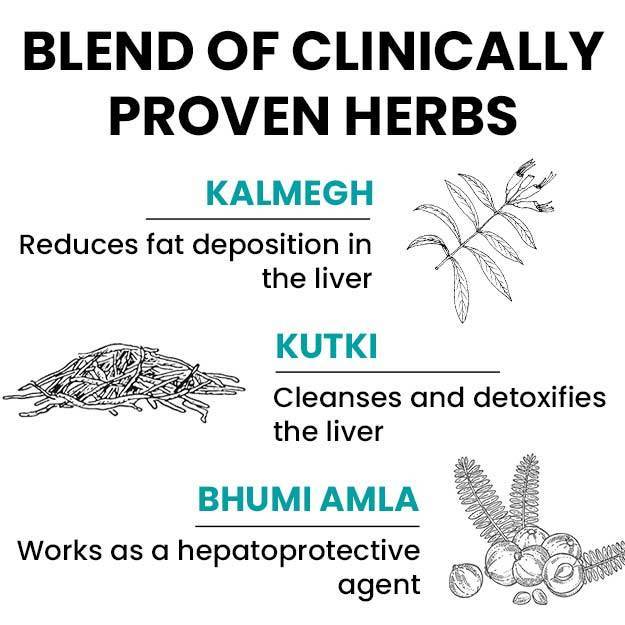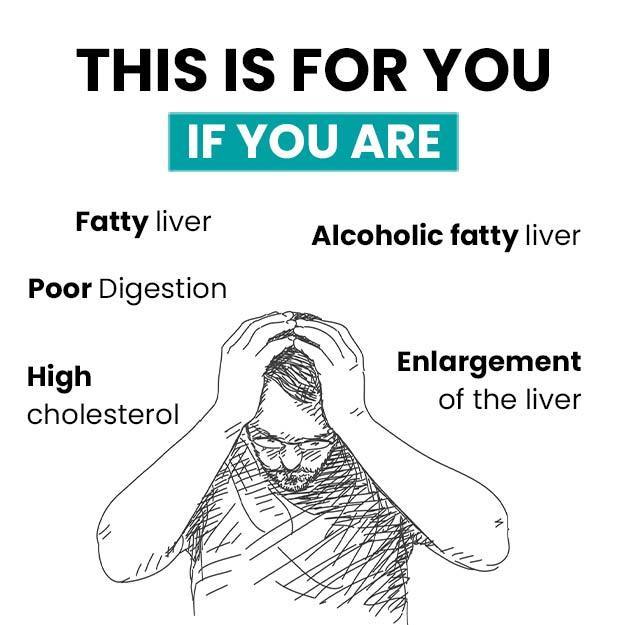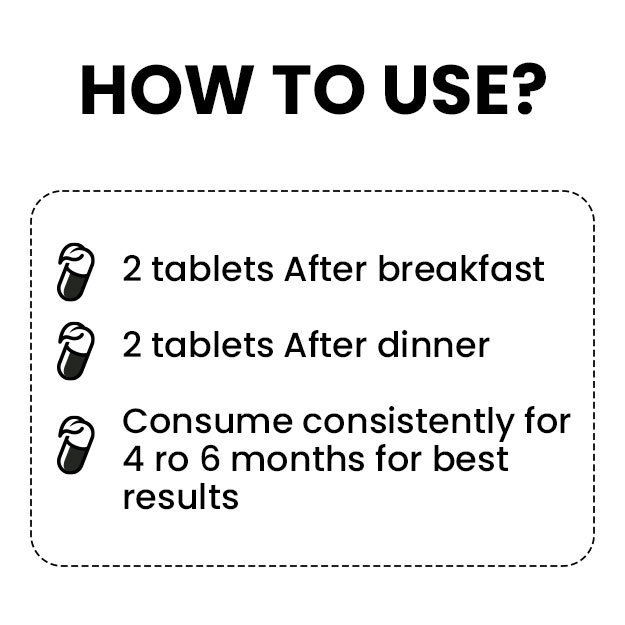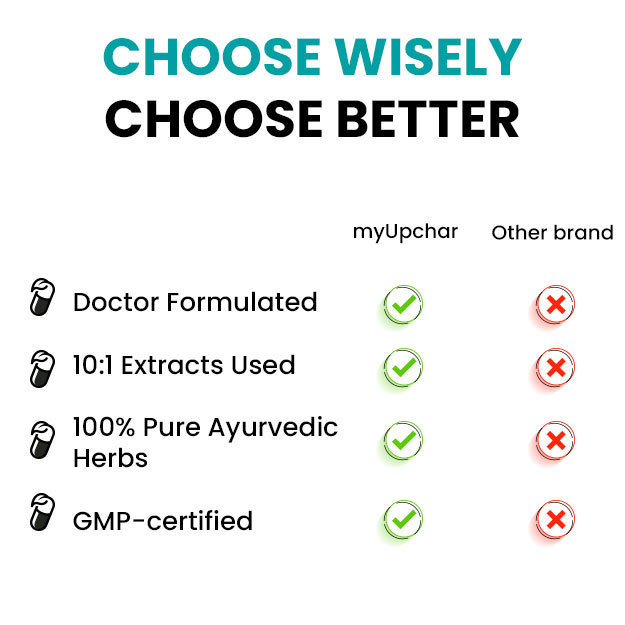What is Hepatitis E Test?
Hepatitis E or HEV is an RNA virus that leads to acute inflammation in the liver and, in severe cases, results in acute liver failure. The disease spreads through unhygienic and uncooked food, contaminated water, unhygienic environment, and in some cases a blood transfusion.
There are four different genetically different types of HEVs however, only two of those cause infection in human beings.
Hepatitis E test detects HEV infection by assessing the presence of certain proteins (IgM and IgG antibodies) secreted by the immune system to fight against this infection.

